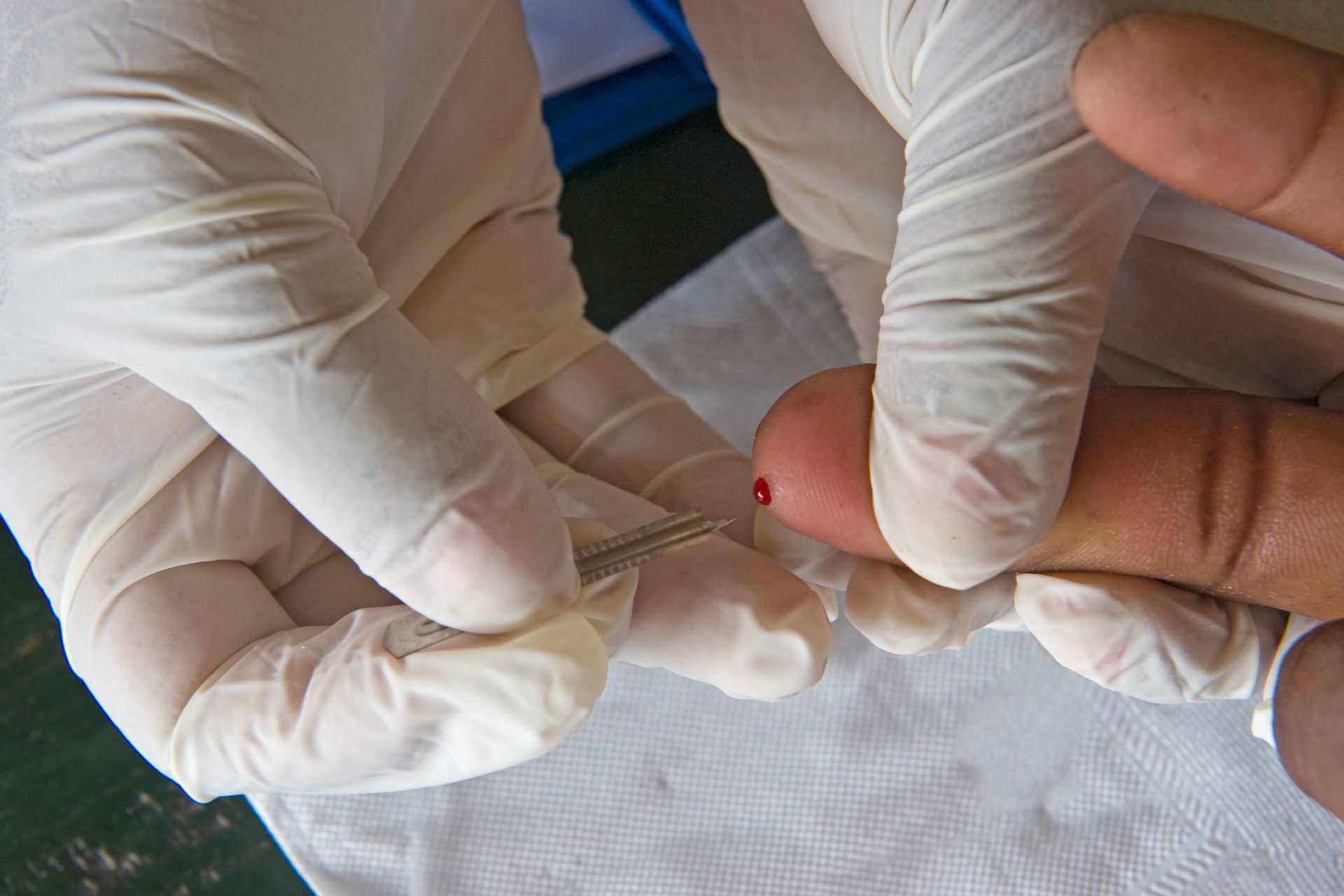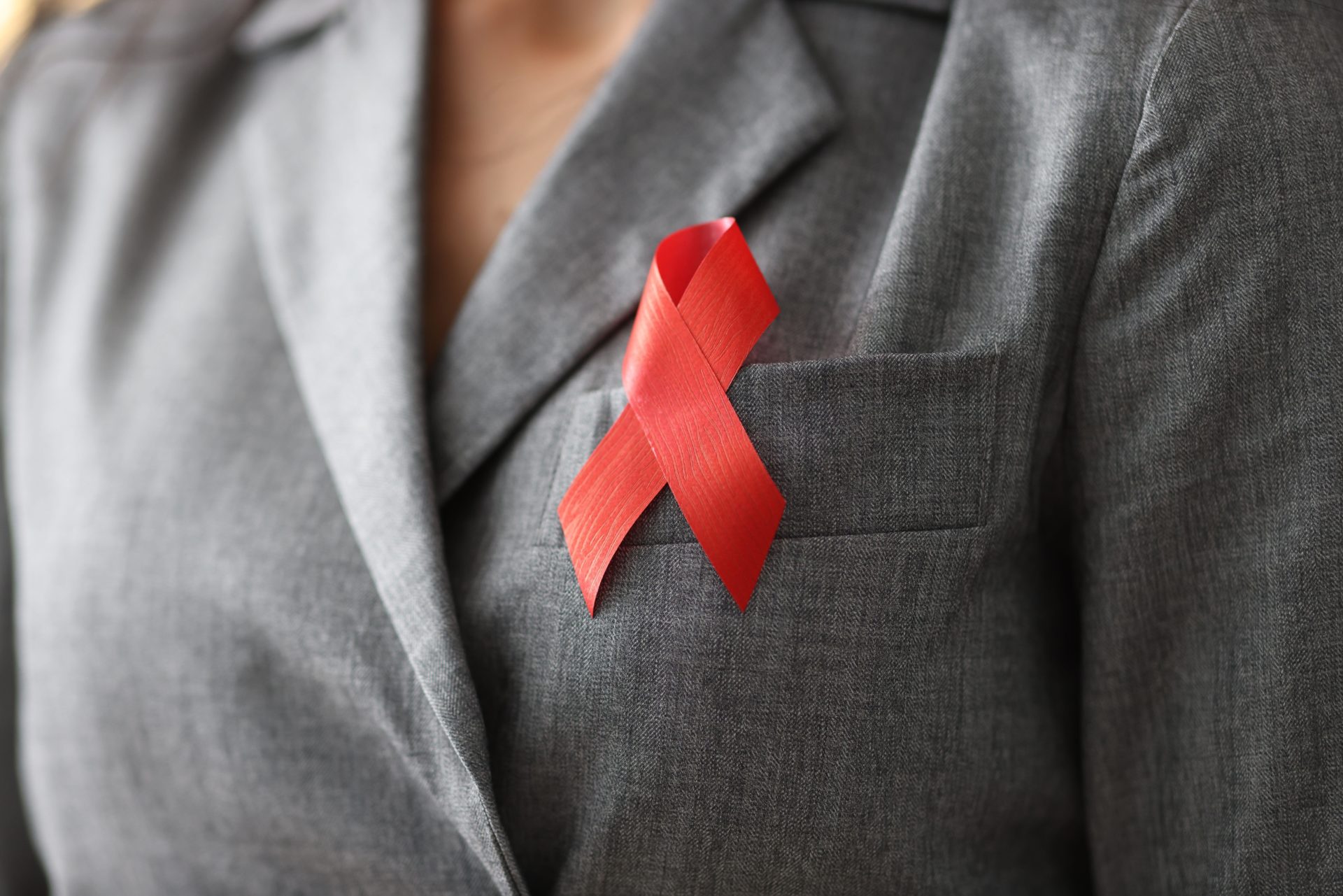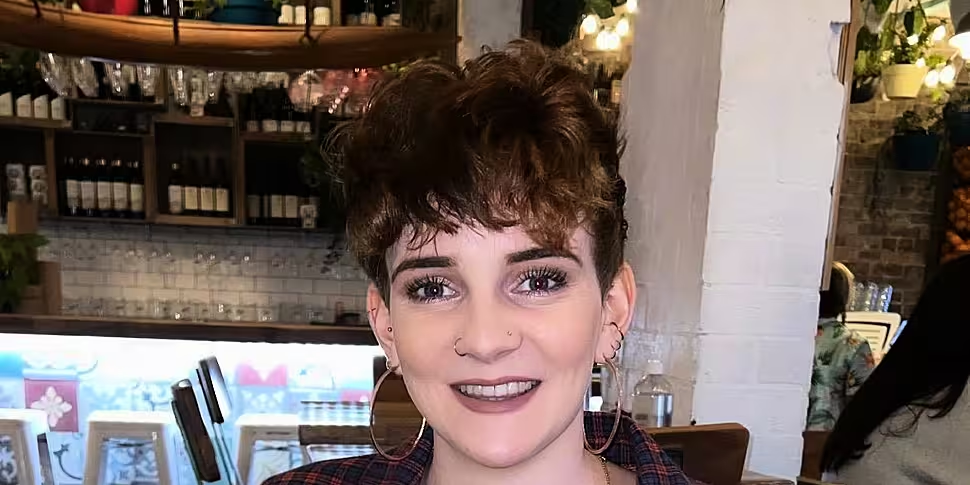A Galway woman who has HIV has said she feels “very stigmatised” when she opens up about her diagnosis.
Aoife Commins was living and working as a nurse in Sydney when she contracted HIV from her partner.
The HIV/AIDs epidemic of the 1980s disproportionately impacted the LGBT community and to this day there is a misconception that the virus is something only gay men need to worry about.
As a straight woman, Ms Commins found the aftermath of her diagnosis very difficult.
“I found the first year very isolating and very lonely when I was in Sydney,” she said.
“I finally reached out a year later and joined a women’s group and that was really lovely.”
 Taking a blood sample for a rapid HIV test.
Taking a blood sample for a rapid HIV test.Telling her parents was another hurdle she had to face and even when she returned to Ireland, she kept putting it off.
“I lived in Australia for the majority of that time and I just didn’t want to tell them over the phone,” she said.
“I didn’t want it to be over text message; so, I kept pushing it off.
“Then I moved home to Ireland that February and I was like, ‘I’ll tell Mum soon, I’ll tell Mum soon’ and I kept pushing it off.
“I was just scared; I didn’t know how they were going to react and I knew they didn’t understand the whole concept of HIV.
"I knew they would think it’s a gay man’s disease.
“And that it was AIDs and that I was dying; I just didn’t want them to be worried and I was very well.”
In the end, it turned out her mother already knew - having found her medication - and had done her own research into the subject.
“She knew the basics,” Ms Commins said.
“My Dad didn’t react great; kind of exactly how I expected him to react, to be honest.
“He was a bit angry [and] said, ‘We always instilled safe sex in you, I can’t believe this happened.’
“I kept explaining to him that we were having safe sex and my partner got a false negative in the STI checks but he just wasn’t taking it in.
“I think he was in shock.”
Misconception
Before her diagnosis, Ms Commins assumed it was “very rare” for a straight man or straight person to contract HIV and she never worried about it.
She has since learnt otherwise and is keen to increase awareness about the disease and how people can minimise their chances of catching it.
“I’ve realised that even with me having very safe sex, I still got it and I just want people to realise that there is a risk and people should be aware and have safe sex and get tested regularly,” she said.
“The more people talk about it, the more people get tested, the less shame there is around it.”
Ms Commins is a nurse and has had “loads of support” from her colleagues but still encounters common misconceptions about HIV in wider society.
“I take one tablet a day and I get two blood checks a year and that’s all it is,” she said.
“The worst thing about HIV is the stigma; I just still feel very stigmatised [and] people are very judgemental around it.
“They think it’s this awful disease and it’s really not - it’s so easily treated.”
 A woman wearing a red ribbon in support of World AIDs day.
A woman wearing a red ribbon in support of World AIDs day.Prevention
Sexualwellbeing.ie estimates there are 7,000 people in Ireland living with HIV - of whom about 10% are thought not to know they have it.
To avoid contracting HIV, people are advised to always wear a condom when having vaginal or anal sex. People are also advised not to share sex toys or needles.
Anyone who thinks they have been exposed to HIV can be given a course of HIV post exposure prophylaxis (PEP) at their local emergency department.
HIV-negative people can get a free prescription for PReP in Ireland, which reduces the chance of contracting HIV if you have sex with someone without a condom.
Main image: Aoife Commins.









